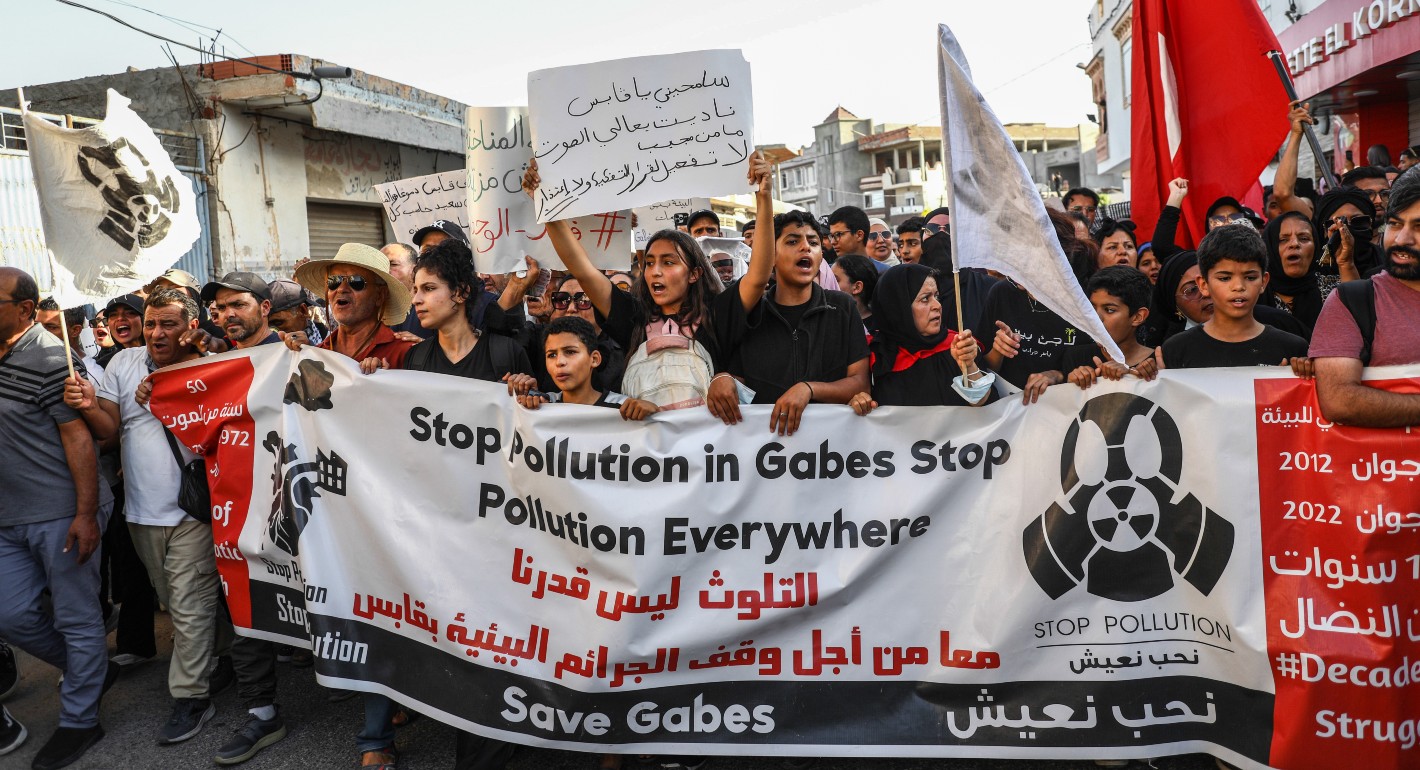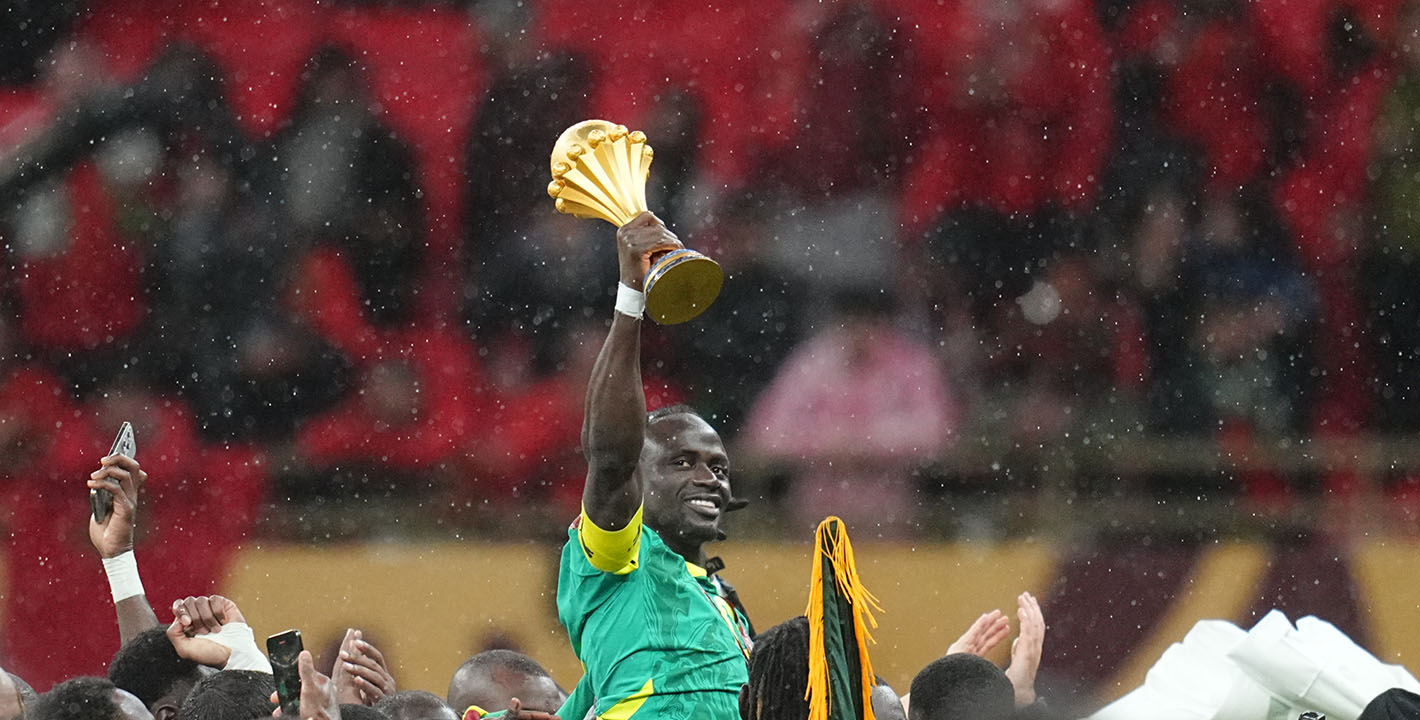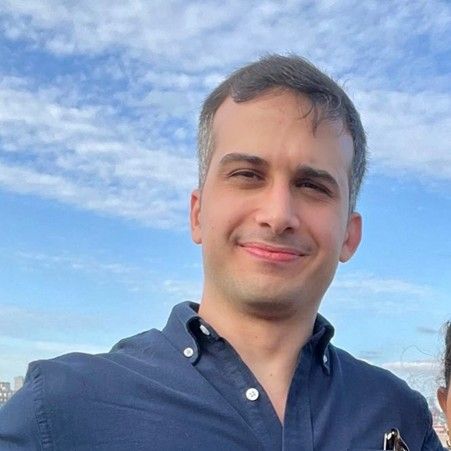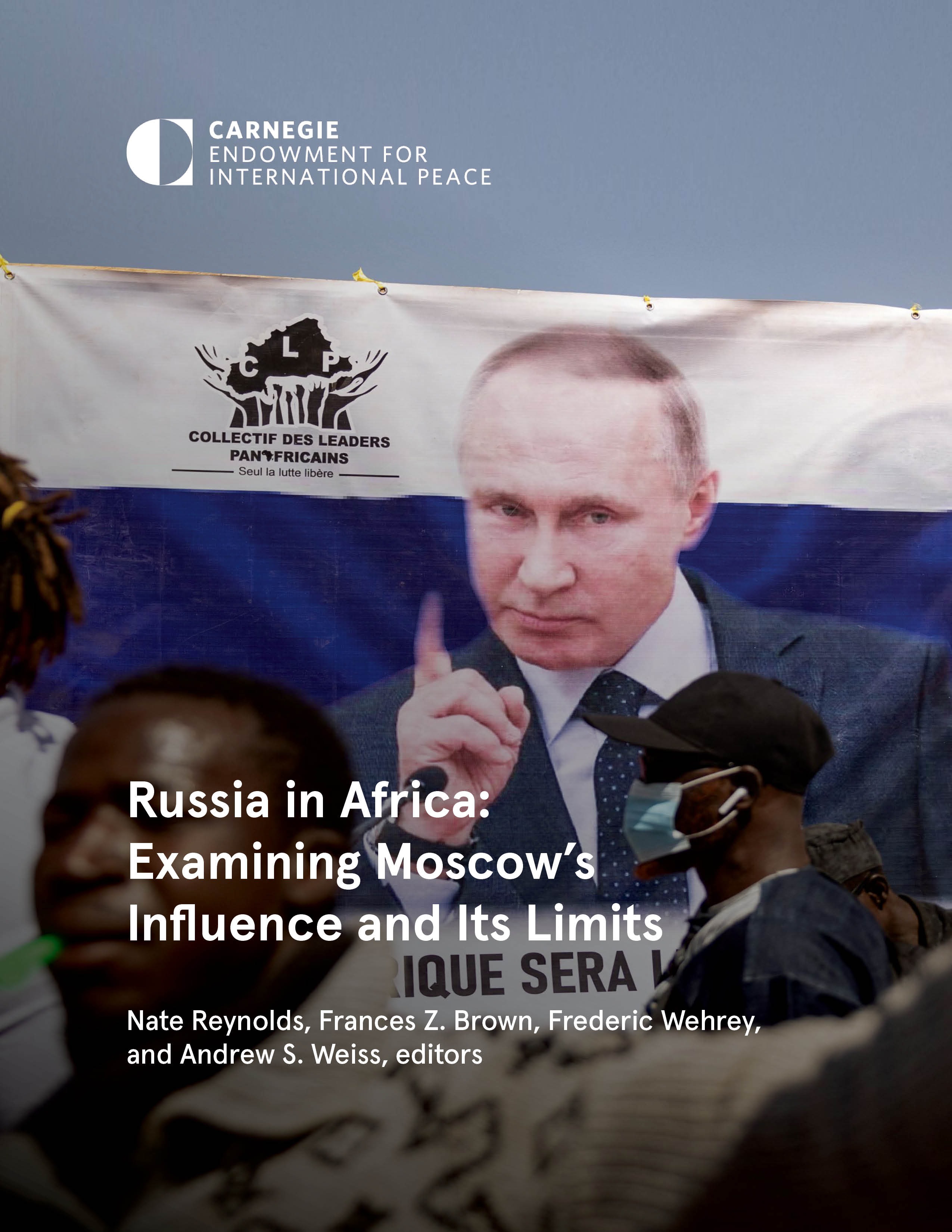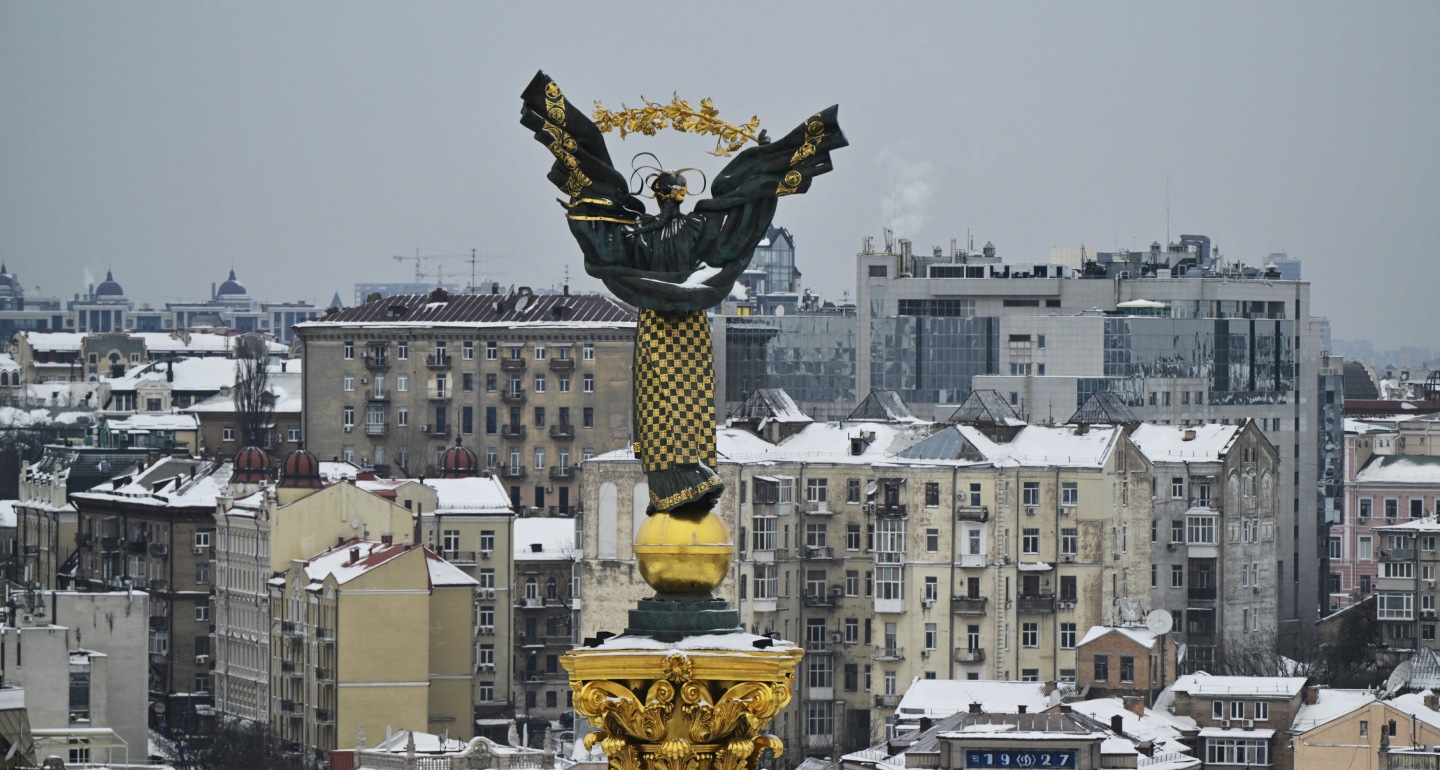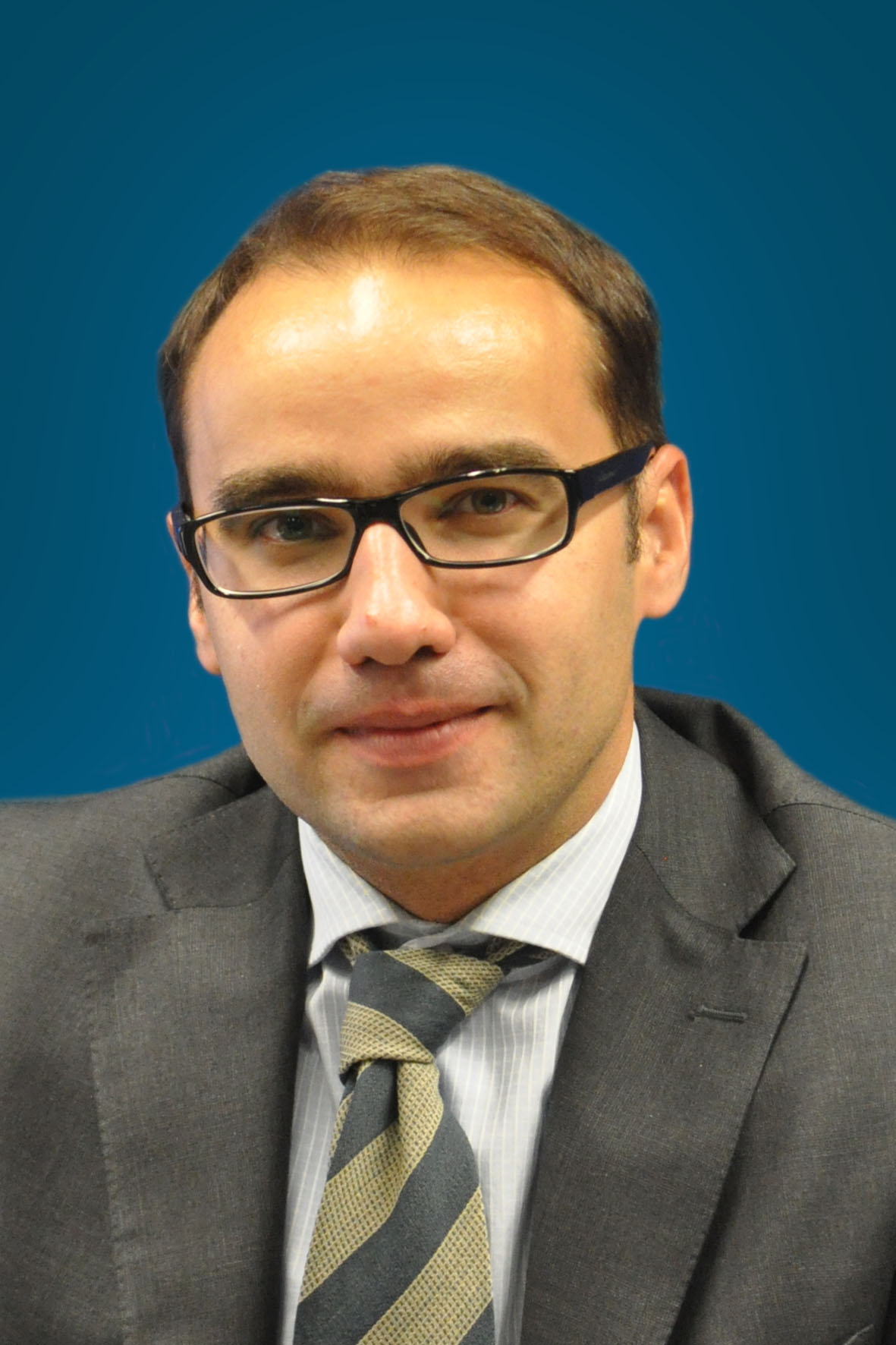Dalia Ghanem
{
"authors": [
"Dalia Ghanem"
],
"type": "legacyinthemedia",
"centerAffiliationAll": "dc",
"centers": [
"Carnegie Endowment for International Peace",
"Malcolm H. Kerr Carnegie Middle East Center"
],
"collections": [
"Civil-Military Relations in Arab States",
"Arab Spring 2.0"
],
"englishNewsletterAll": "menaTransitions",
"nonEnglishNewsletterAll": "",
"primaryCenter": "Malcolm H. Kerr Carnegie Middle East Center",
"programAffiliation": "MEP",
"programs": [
"Middle East"
],
"projects": [],
"regions": [
"Maghreb",
"North Africa",
"Algeria"
],
"topics": [
"Political Reform"
]
}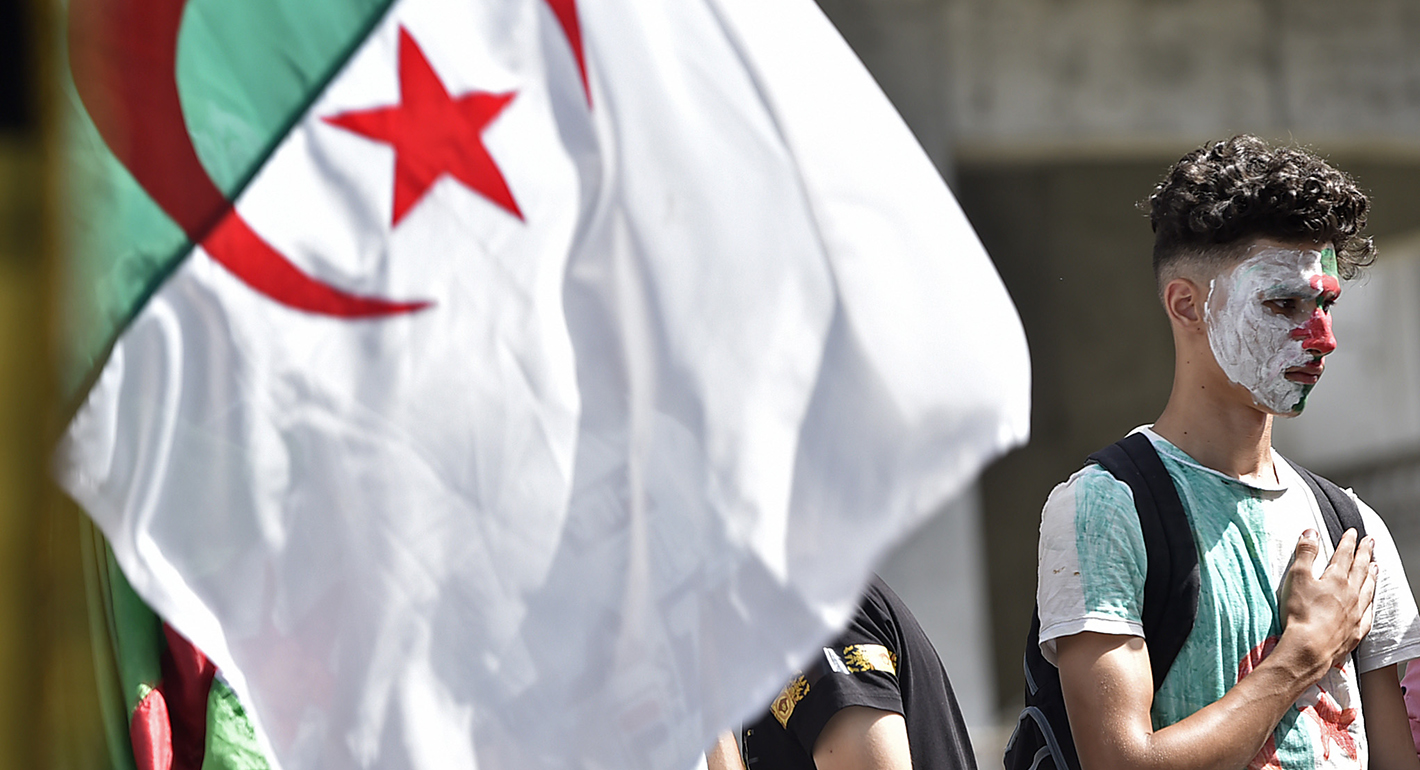
Source: Getty
How Algeria’s Military Rules the Country
Algeria’s military will probably continue its direct and open involvement in politics, despite protests.
Source: The Washington Post
Protests continue in Algeria — after six months of sustained pressure for government reform. The military openly rules the country — since the departure of President Abdelaziz Bouteflika in late March — and citizens are demanding a civilian state. But Algeria’s military will probably continue its direct and open involvement in politics. Here’s why.
Historical precedence for military rule
This is not a new role for Algeria’s military. The army fought French colonialism and liberated the country in the 1960s, participated in its socio-economic development in the 1970s, answered to the nationwide protests in the 1980s and protected its territorial integrity in the 1990s. Throughout these periods, depending on the situation, the army oscillated between direct interventionism and limited withdrawal.For instance, in 1978 at the death of the president, the military mediated among different civilian groups fighting for succession. The military installed a candidate chosen by consensus — and eventually returned to its barracks. But military interventionism reached its peak in 1988, 1992 — and throughout the “Black Decade,” when a bloody armed conflict between the authorities and several Islamist militant groups shook the country from 1991 until 2001.
But when Bouteflika came to power in 1999, the military pulled back from politics after securing ample budget and immunity for the human rights violations that took place during the decade-long civil war.
Since the beginning of the popular movement earlier this year — and the absence of influential institutional authorities — the army has been openly ruling the country. The head of the army shifted his loyalty, called Algeria’s constitutional council to declare the president’s position vacant under article 102 of the constitution and eventually pressured Bouteflika to step down.
The army also appointed an interim president with a caretaker government and conducted dozens of arrests of politicians and business tycoons on corruption charges.
The military’s cultural hold on Algerians
The military has a glorified vision of the role of the People’s National Army. Despite the existence of factions, the institution forged its unity in crisis and remains undivided. The various blocs within the army have the same self-perception: They see themselves as the guardians of the nation, the custodians of Algeria and its people. Algerians, in the eyes of the military, should be grateful to the military-backed regime and what it has done for them.
Millions of protesters chanted, “We want a civilian state and not a military one.” The head of the army answered: “All the efforts that the military institution has made so far are efforts that essentially respect the supreme interest of the motherland.”
Weakness of political institutions
The civilian power today is too weak, and the civilian leadership is subordinated to the armed forces. Bouteflika had tried to neutralize the army and build a stronger presidency. However, it would be an exaggeration to say that the civilian power grew to the extent of keeping the military in check. The army remained stronger than ever, and it is the army that stepped in to remove Bouteflika and to take the lead of the country for the past four months.
Political institutions such as the People’s National Assembly, officials, legislators, members of the current government and political parties are all rejected by the popular movement that refuses any dialogue with former members of the regime. There is a total disconnect between social mobilization and political institutionalization and hence no channels for the communication of the people’s demand to the government.
The military’s interests
For now, the military’s interest in staying in power is higher than leaving its direct involvement. Officers enjoy benefits that range from high salaries and housing — to access to rare consumer goods.
If the military can have guarantees that the civilian government can protect its interests (i.e., in the way of allocating resources) and the leadership fate (i.e., no legal prosecution), this could help it move on. Whatever happens, the institution is more likely to accept a deal with the civilian part only if it has complete discretion in what it always has been its survival (i.e., budget and acquisitions, recruitment, training, career planning, retirement).
In addition to these corporate interests, there are also private ones. Ruling generals have moved into the private sector and built connections to important business monopolies — and enriched themselves.
Looking ahead
There is no one-fit-for-all model of civil-military relations. Algeria is in a phase where these relations are being renegotiated, and it needs to develop a model of civil-military relations that is workable and suited for the country.
Both the army and the political leaders — as well as the people — have to discuss the boundaries of what is an acceptable involvement of the military in politics as both the street and the political opposition seem to agree that the time when some ruling generals used to play the role of kingmakers by supporting candidates is over.
This article was originally published in The Monkey Cage at The Washington Post.
About the Author
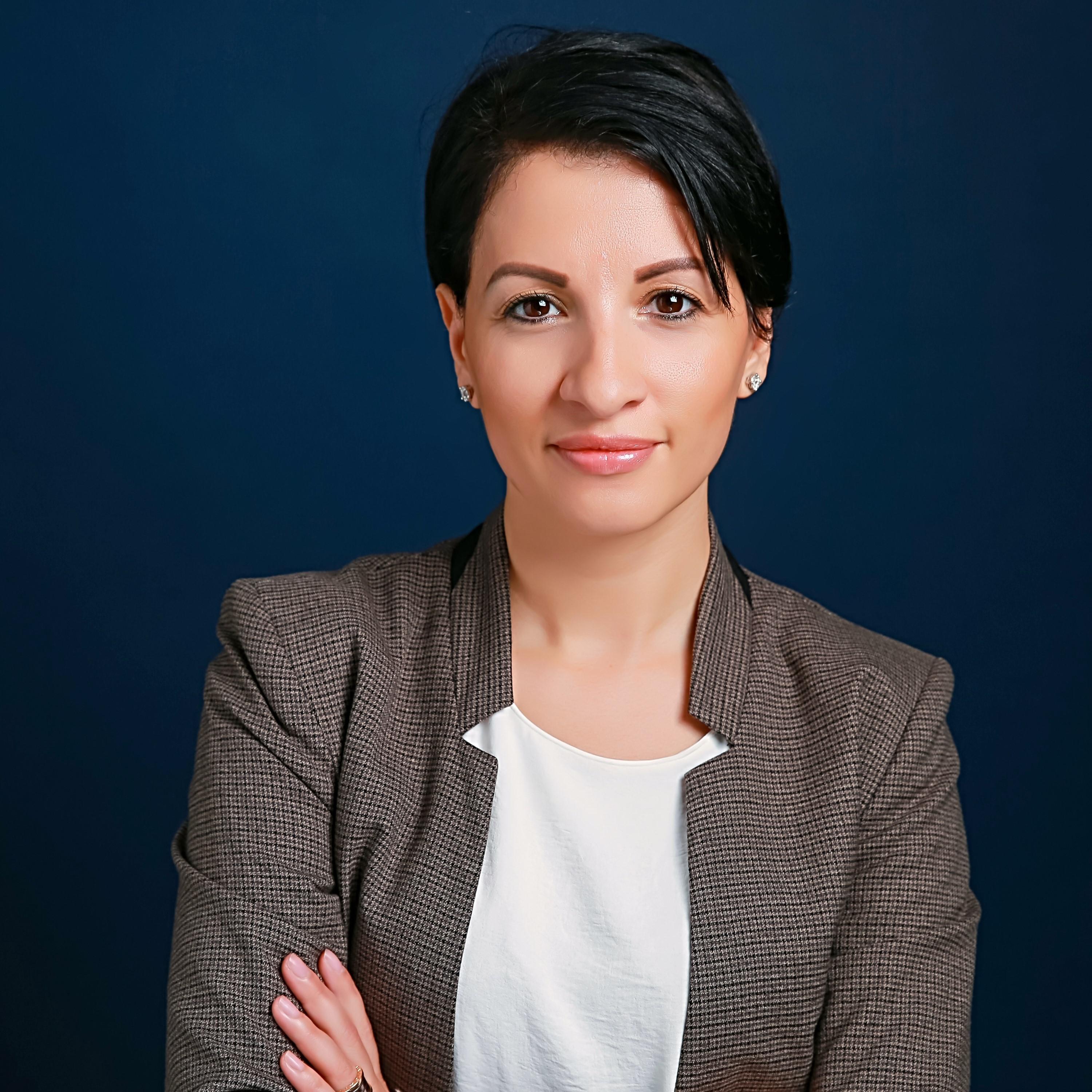
Former Senior Resident Scholar, Malcolm H. Kerr Carnegie Middle East Center
Dalia Ghanem was a senior resident scholar at the Malcolm H. Kerr Carnegie Middle East Center in Beirut, where her research focuses on Algeria’s political, economic, social, and security developments. Her research also examines political violence, radicalization, civil-military relationships, transborder dynamics, and gender.
- Against the Odds: Women Entrepreneurs in AlgeriaArticle
- Carnegie Scholars’ Best Books of 2021Commentary
- +5
Frances Z. Brown, Judy Dempsey, Dalia Ghanem, …
Recent Work
Carnegie does not take institutional positions on public policy issues; the views represented herein are those of the author(s) and do not necessarily reflect the views of Carnegie, its staff, or its trustees.
More Work from Carnegie Endowment for International Peace
- The Kremlin Is Destroying Its Own System of Coerced VotingCommentary
The use of technology to mobilize Russians to vote—a system tied to the relative material well-being of the electorate, its high dependence on the state, and a far-reaching system of digital control—is breaking down.
Andrey Pertsev
- Civil Society Restrictions in North Africa: The Impact on Climate-Focused Civil Society OrganizationsArticle
For climate-focused civil society in countries like Morocco, Algeria, and Tunisia to be most effective, organizations should work together to develop networks that extend their reach beyond their local area and connect across borders to share best practices and amplify each other’s work.
Sarah Yerkes
- When Football Is More Than FootballCommentary
The recent African Cup of Nations tournament in Morocco touched on issues that largely transcended the sport.
Issam Kayssi, Yasmine Zarhloule
- Russia in Africa: Examining Moscow’s Influence and Its LimitsResearch
As Moscow looks for opportunities to build inroads on the continent, governments in West and Southern Africa are identifying new ways to promote their goals—and facing new risks.
- +1
Nate Reynolds, ed., Frances Z. Brown, ed., Frederic Wehrey, ed., …
- Notes From Kyiv: Is Ukraine Preparing for Elections?Commentary
As discussions about settlement and elections move from speculation to preparation, Kyiv will have to manage not only the battlefield, but also the terms of political transition. The thaw will not resolve underlying tensions; it will only expose them more clearly.
Balázs Jarábik




